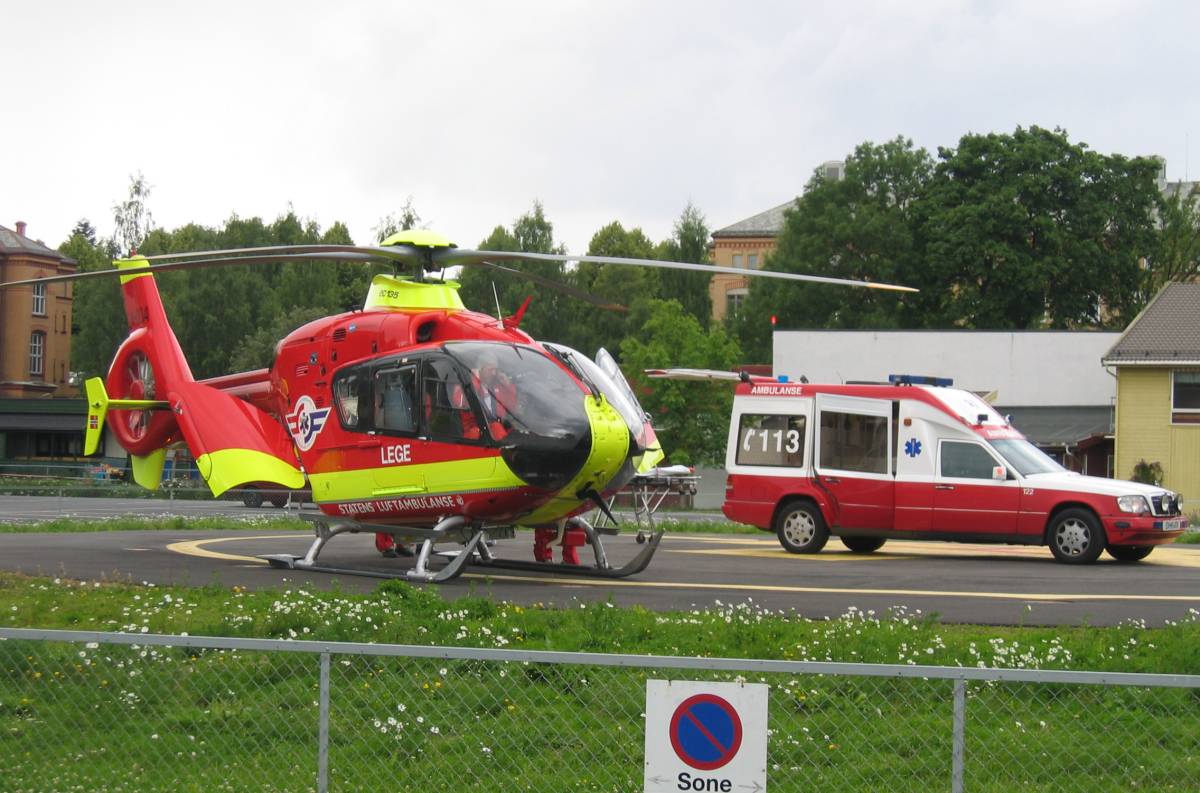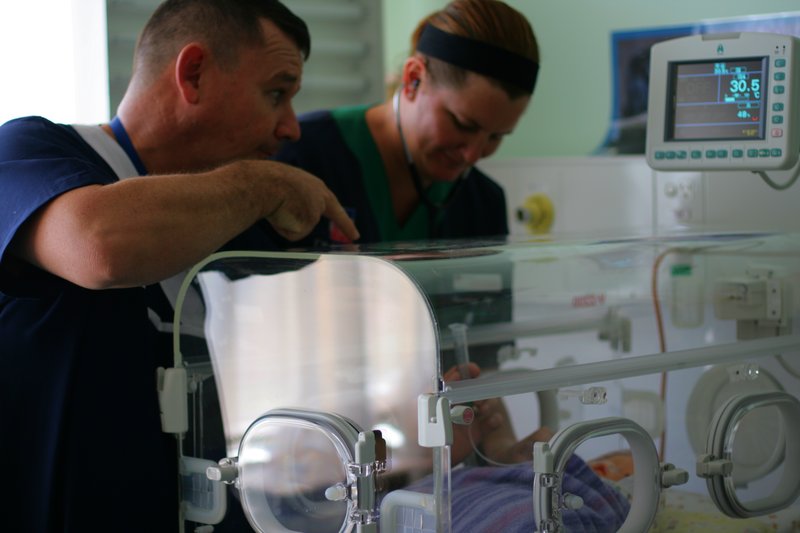|
Anesthesiologist
Anesthesiology, anaesthesiology or anaesthesia is the medical specialty concerned with the total perioperative medicine, perioperative care of patients before, during and after surgery. It encompasses anesthesia, intensive care medicine, critical emergency medicine, and pain medicine. A physician specialized in anesthesiology is called an anesthesiologist, anaesthesiologist, or anaesthetist, #Terminology, depending on the country. In some countries, the terms are synonymous, while in other countries, they refer to different positions and ''anesthetist'' is only used for non-physicians, such as nurse anesthetists. The core element of the specialty is the prevention and mitigation of pain and distress using various anesthetic agents, as well as the monitoring and maintenance of a patient's vital functions throughout the perioperative period. Since the 19th century, anesthesiology has developed from an experimental area with non-specialist practitioners using novel, untested drugs a ... [...More Info...] [...Related Items...] OR: [Wikipedia] [Google] [Baidu] |
Nurse Anesthetist
A nurse anesthetist is an advanced practice nurse who administers anesthesia for surgery or other medical procedures. They are involved in the administration of anesthesia in a majority of countries, with varying levels of autonomy. Nurse anesthetists provide all services of anesthesia for patients before, during, and after surgery. Certified Registered Nurse Anesthetists, (CRNA) are concerned with the safe administration of anesthesia delivery and work within a diverse team. They are also concerned with patient advocacy, safety and professional development. In some localities, nurse anesthetists provide anesthesia to patients independently; in others they do so under the supervision of physicians. In the United States, the physician may be an anesthesiologist, surgeon, or podiatrist. The International Federation of Nurse Anesthetists was established in 1989 as a forum for developing standards of education, practice, and a code of ethics. History of CRNAs In the United States, ... [...More Info...] [...Related Items...] OR: [Wikipedia] [Google] [Baidu] |
Anesthesia
Anesthesia (American English) or anaesthesia (British English) is a state of controlled, temporary loss of sensation or awareness that is induced for medical or veterinary purposes. It may include some or all of analgesia (relief from or prevention of pain), paralysis (muscle relaxation), amnesia (loss of memory), and unconsciousness. An individual under the effects of anesthetic drugs is referred to as being anesthetized. Anesthesia enables the painless performance of procedures that would otherwise require physical restraint in a non-anesthetized individual, or would otherwise be technically unfeasible. Three broad categories of anesthesia exist: * ''General anesthesia'' suppresses central nervous system activity and results in unconsciousness and total lack of Sensation (psychology), sensation, using either injected or inhaled drugs. * ''Sedation'' suppresses the central nervous system to a lesser degree, inhibiting both anxiolysis, anxiety and creation of long-term memory, ... [...More Info...] [...Related Items...] OR: [Wikipedia] [Google] [Baidu] |
Perioperative Medicine
Perioperative medicine is the medical care of patients from the time of contemplation of surgery through the operative period to full recovery. Perioperative care may be provided by an anesthesiologist, intensivist, internal medicine generalist or hospitalist working with surgical colleagues. Background Perioperative medicine encompasses the care of the patient preparing for, having and recuperating from surgery. In the practice of perioperative medicine the surgeon, anesthesiologist, intensivist and medical consultant work in concert. The medical knowledge distinct to this field includes that of operative risk and complications, of patient specific risks, of methods to reduce risk, and of the management of medical illness during this time period. Evidence supporting best practice A best practice is a method or technique that has been generally accepted as superior to alternatives because it tends to produce superior results. Best practices are used to achieve quality as an ... [...More Info...] [...Related Items...] OR: [Wikipedia] [Google] [Baidu] |
Surgery
Surgery is a medical specialty that uses manual and instrumental techniques to diagnose or treat pathological conditions (e.g., trauma, disease, injury, malignancy), to alter bodily functions (e.g., malabsorption created by bariatric surgery such as gastric bypass), to reconstruct or alter aesthetics and appearance (cosmetic surgery), or to remove unwanted tissue (biology), tissues (body fat, glands, scars or skin tags) or foreign bodies. The act of performing surgery may be called a surgical procedure or surgical operation, or simply "surgery" or "operation". In this context, the verb "operate" means to perform surgery. The adjective surgical means pertaining to surgery; e.g. surgical instruments, operating theater, surgical facility or surgical nurse. Most surgical procedures are performed by a pair of operators: a surgeon who is the main operator performing the surgery, and a surgical assistant who provides in-procedure manual assistance during surgery. Modern surgical opera ... [...More Info...] [...Related Items...] OR: [Wikipedia] [Google] [Baidu] |
Critical Emergency Medicine
Critical emergency medicine (CREM) refers to the acute (medicine), acute medicine, medical care of patients who have medical emergency, medical emergencies that pose an immediate threat to life, irrespective of location. In particular, the term is used to describe the role of anaesthesiologists in providing such care. The term was introduced in 2010 in a position paper by the Scandinavian Society of Anaesthesiology and Intensive Care Medicine, who defined it as "immediate life support and resuscitation of critically ill and injured patients in the pre-hospital emergency medicine, pre-hospital as well as hospital settings". It describes the roles and competencies of anaesthesiologists and intensive care medicine, intensive care physicians in caring for patients with life-threatening illness or injury who require resuscitation or support of their vital functions, particularly in Scandinavia and other parts of Europe. One reason the term was introduced was to distinguish these core ac ... [...More Info...] [...Related Items...] OR: [Wikipedia] [Google] [Baidu] |
Pain Medicine
Pain management is an aspect of medicine and health care involving relief of pain (pain relief, analgesia, pain control) in various dimensions, from acute and simple to chronic and challenging. Most physicians and other health professionals provide some pain control in the normal course of their practice, and for the more complex instances of pain, they also call on additional help from a specific medical specialty devoted to pain, which is called pain medicine. Pain management often uses a multidisciplinary approach for easing the suffering and improving the quality of life of anyone experiencing pain, whether acute pain or chronic pain. Relieving pain (analgesia) is typically an acute process, while managing chronic pain involves additional complexities and ideally a multidisciplinary approach. A typical multidisciplinary pain management team may include: medical practitioners, pharmacists, clinical psychologists, physiotherapists, occupational therapists, recreationa ... [...More Info...] [...Related Items...] OR: [Wikipedia] [Google] [Baidu] |
Medical Specialty
A medical specialty is a branch of medical practice that is focused on a defined group of patients, diseases, skills, or philosophy. Examples include those branches of medicine that deal exclusively with children (pediatrics), cancer (oncology), laboratory medicine (pathology), or primary care (family medicine). After completing medical school or other basic training, physicians or surgeons and other Clinician, clinicians usually further their medical education in a specific specialty of medicine by completing a multiple-year residency (medicine), residency to become a specialist. History of medical specialization To a certain extent, medical practitioners have long been specialized. According to Galen, specialization was common among Roman physicians. The particular system of modern medical specialties evolved gradually during the 19th century. Informal social recognition of medical specialization evolved before the formal legal system. The particular subdivision of the practice ... [...More Info...] [...Related Items...] OR: [Wikipedia] [Google] [Baidu] |
Intensive Care Units
An intensive care unit (ICU), also known as an intensive therapy unit or intensive treatment unit (ITU) or critical care unit (CCU), is a special department of a hospital or health care facility that provides intensive care medicine. An intensive care unit (ICU) was defined by the task force of the World Federation of Societies of Intensive and Critical Care Medicine as "an organized system for the provision of care to critically ill patients that provides intensive and specialized medical and nursing care, an enhanced capacity for monitoring, and multiple modalities of physiologic organ support to sustain life during a period of life-threatening organ system insufficiency." Patients may be referred directly from an emergency department or from a ward if they rapidly deteriorate, or immediately after surgery if the surgery is very invasive and the patient is at high risk of complications. History In 1854, Florence Nightingale left for the Crimean War, where triage was used ... [...More Info...] [...Related Items...] OR: [Wikipedia] [Google] [Baidu] |
Prehabilitation
Preoperative rehabilitation, prehabilitation or prehab, is a form of healthcare intervention that takes place before a medical or surgical intervention with the aim to reduce side effects and complications, and enhance recovery. Multidisciplinary team involvement can range from physiotherapists, occupational therapists, respiratory therapists, doctors, pharmacologists, anesthesiologists, psychologists, psychiatrists and sports physiologists. Prehab can be applied to surgical populations in oncology, cardiorespiratory, cardiovascular and orthopaedic settings. The intention is that increasing baseline fitness prior to surgery will allow for relatively higher fitness post-operatively. Prehabilitation interventions are tailored to the patient so that even those with high amounts of comorbidities can receive a positive outcome. Research evidence is mixed, but suggests that prehabilitation reduces hospital stays and therefore risk of hospital acquired infections such as pneumonia. Pr ... [...More Info...] [...Related Items...] OR: [Wikipedia] [Google] [Baidu] |
Pain Medicine
Pain management is an aspect of medicine and health care involving relief of pain (pain relief, analgesia, pain control) in various dimensions, from acute and simple to chronic and challenging. Most physicians and other health professionals provide some pain control in the normal course of their practice, and for the more complex instances of pain, they also call on additional help from a specific medical specialty devoted to pain, which is called pain medicine. Pain management often uses a multidisciplinary approach for easing the suffering and improving the quality of life of anyone experiencing pain, whether acute pain or chronic pain. Relieving pain (analgesia) is typically an acute process, while managing chronic pain involves additional complexities and ideally a multidisciplinary approach. A typical multidisciplinary pain management team may include: medical practitioners, pharmacists, clinical psychologists, physiotherapists, occupational therapists, recreationa ... [...More Info...] [...Related Items...] OR: [Wikipedia] [Google] [Baidu] |
Medicine
Medicine is the science and Praxis (process), practice of caring for patients, managing the Medical diagnosis, diagnosis, prognosis, Preventive medicine, prevention, therapy, treatment, Palliative care, palliation of their injury or disease, and Health promotion, promoting their health. Medicine encompasses a variety of health care practices evolved to maintain and restore health by the prevention (medical), prevention and treatment of illness. Contemporary medicine applies biomedical sciences, biomedical research, medical genetics, genetics, and medical technology to diagnosis (medical), diagnose, treat, and prevent injury and disease, typically through pharmaceuticals or surgery, but also through therapies as diverse as psychotherapy, splint (medicine), external splints and traction, medical devices, biologic medical product, biologics, and Radiation (medicine), ionizing radiation, amongst others. Medicine has been practiced since Prehistoric medicine, prehistoric times, and ... [...More Info...] [...Related Items...] OR: [Wikipedia] [Google] [Baidu] |







